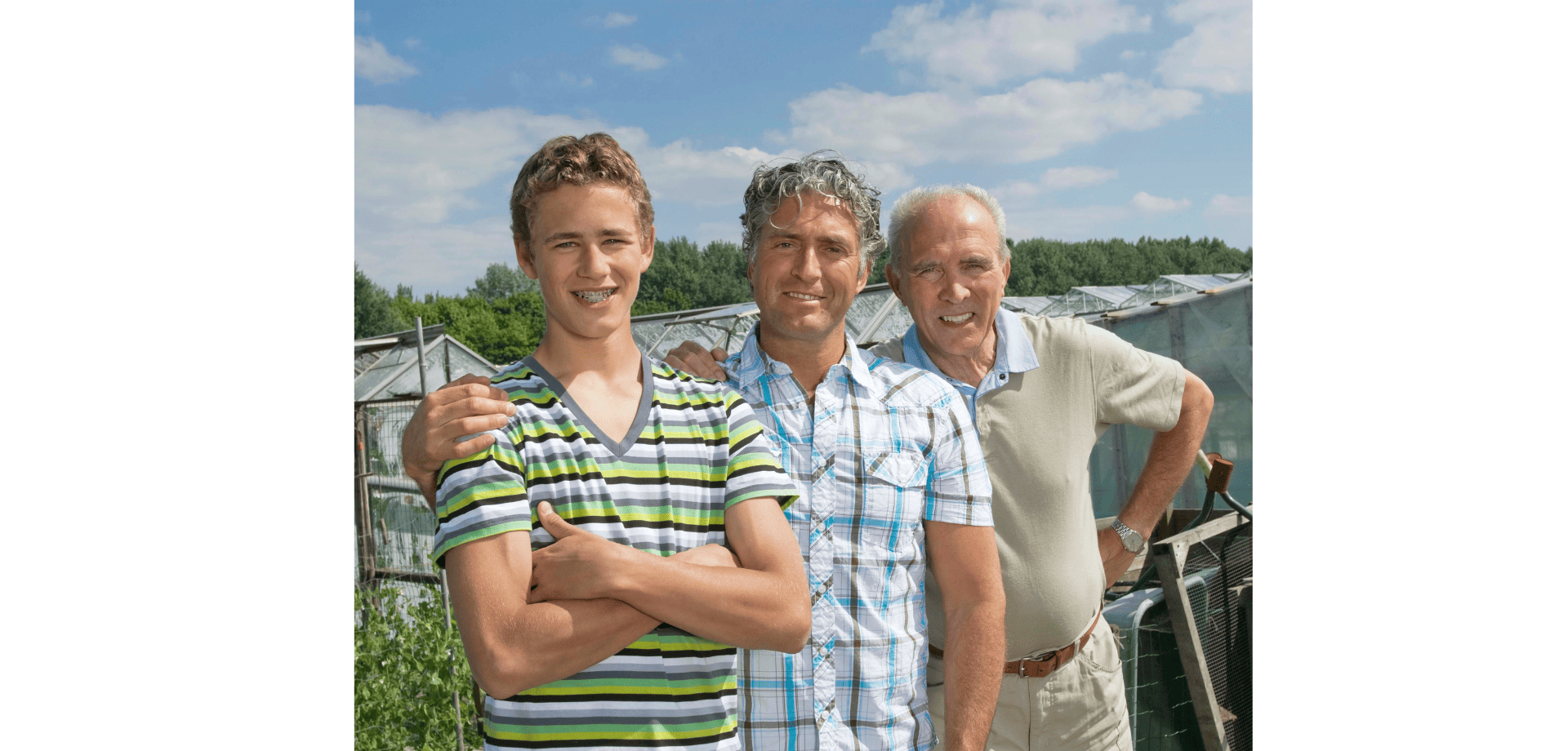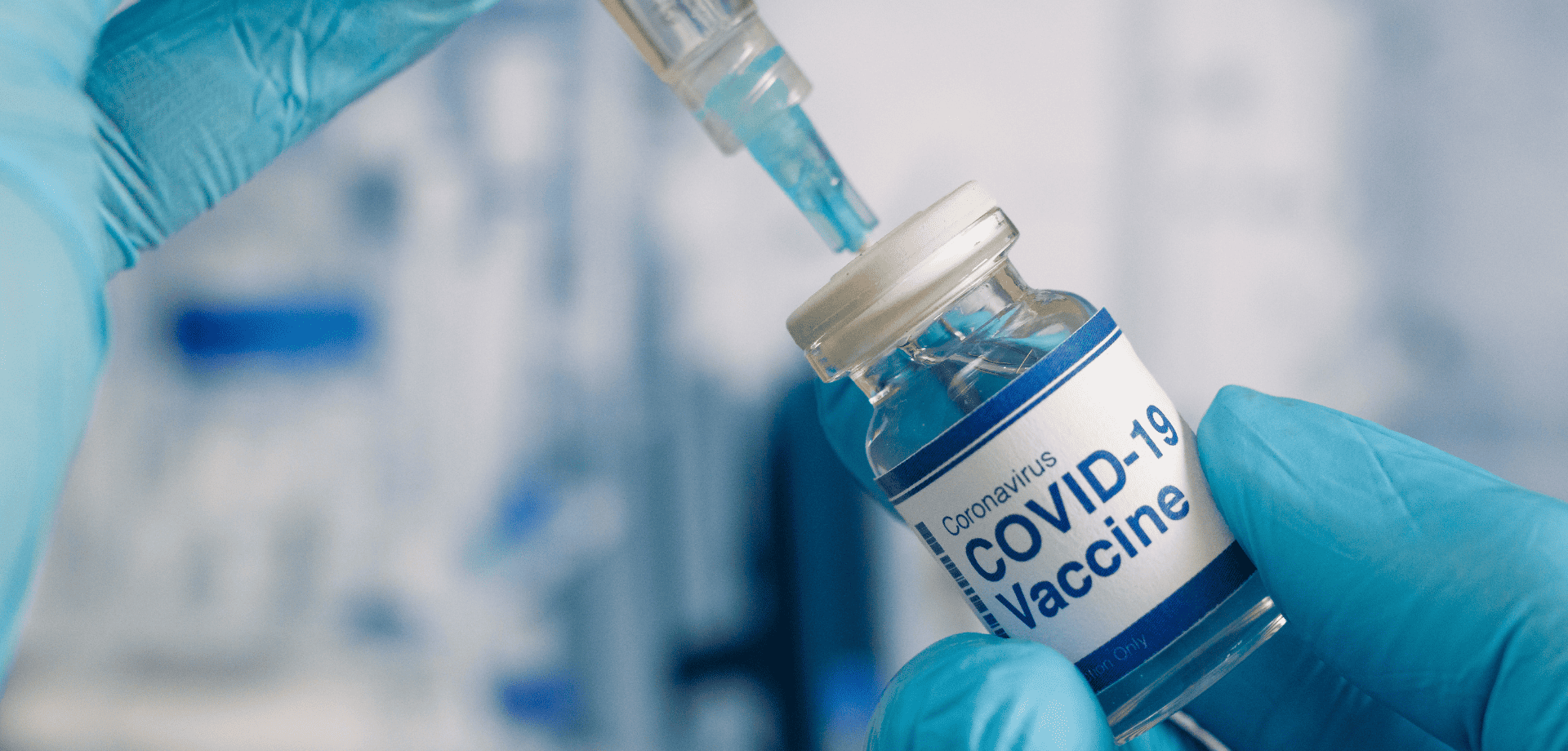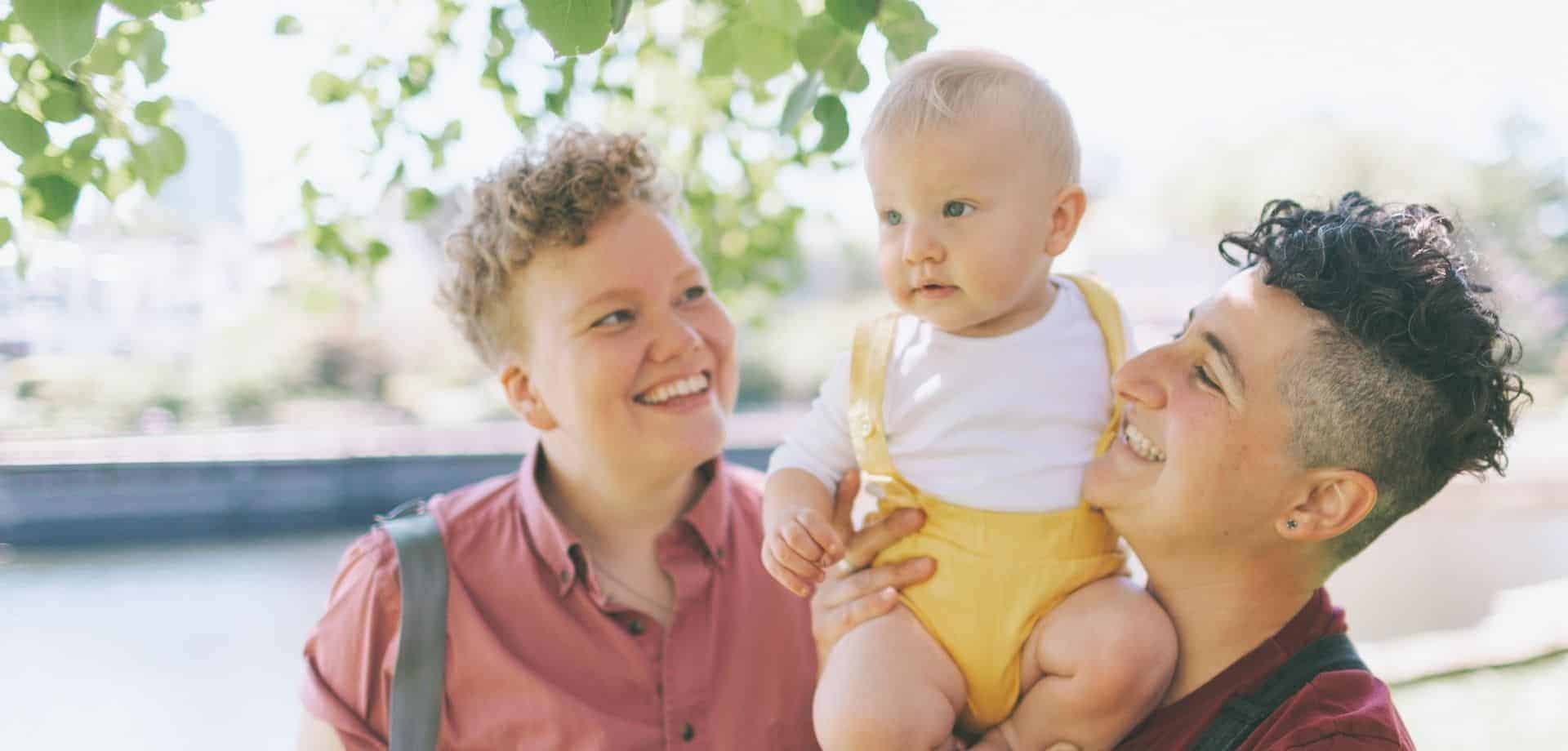Protect against RSV
RSV stands for respiratory syncytial virus, which is an important cause of a type of pneumonia.
It most often causes mild, cold-like symptoms, and infects up to 90% of children during the first 2 years of life, who often become a source of reinfection for older children and adults. However, babies under one year of age, and older adults, can suffer much more serious infection requiring hospitalisation. Frail older adults with pre-existing medical conditions are most vulnerable to complications and death.
The risk of needing hospitalisation increases with age. No anti-viral medication is effective, so only supportive measures can be used for treatment. Accurate figures are not available because not all cases are fully investigated and reported, but there are estimated to be 1,200 deaths in people aged 45 to 74 years and 4,000 deaths in those aged over 75 years in England each winter.
Two new vaccines are now available to prevent infection; Arexvy and Abrysvo. Both are offered at the Fleet Street Clinic, please check for availability since there have been recent supply issues.
Either can be considered by older, frail adults, and people with a significant history of lung disease or previous severe chest infection.
Arexvy, made by GSK, is licensed for people aged over 60.
Abrysvo, made by Pfizer, is licensed for people aged over 60. Additionally, this vaccine is licensed and recommended during pregnancy, from 28 weeks onwards, to protect newborn infants via maternal antibodies.
The NHS has recently announced that it will be offering the RSV vaccine during pregnancy and to individuals aged 75 to 79 – please check your eligibility and for the latest NHS vaccination criteria, since this may be subject to change. The Fleet Street Clinic is not able to provide vaccinations free of charge via the NHS.
What is RSV?
RSV stands for respiratory syncytial virus, which can cause severe lung infection, both in children and in adults. Most infections are mild, but small babies and frail older adults are especially vulnerable to severe infection and complications.
An important feature of the infection is that it provokes an inflammatory response that damages lung tissue.
RSV Protection for those aged 60 years and older
Older age groups are vulnerable to more serious consequences of RSV.
We offer a choice of two vaccines, Arexvy and Abrysvo, both licensed for those aged over 60.
RSV vaccination for pregnant women
Vaccinating mothers during the last three months of pregnancy is an important way of ensuring that newborn babies receive protection - via transfer of immunity across the placenta.
Only Abrysvo is licensed for use during pregnancy, and ideally should be given between 28 and 36 weeks.

Testing for RSV with rapid results
Respiratory infections can be almost impossible to distinguish from their symptoms alone. They behave differently and may need different treatment, so it is important to find out exactly what is causing your symptoms..
Did you know, our Respiratory Viral PCR Panel includes tests for 22 respiratory viruses and bacteria, including RSV, all from a single swab?
We do this in our own lab, so can normally give you your results in just over an hour.
Is RSV vaccine suitable for children?
Arexvy and Abrysvo vaccines are licensed for adults aged 60 and over. Additionally, the Abrysvo vaccine is approved for use in pregnant women.
Can you test for RSV?
Yes - RSV is one of the viruses included in our Respiratory Panel PCR test.
This test can give you the answers you need very quickly. Once a sample has been processed, we can tell you with certainty whether your respiratory infection is due to RSV or not.
We’ll tailor treatment to your results, so you should recover quicker too.
How can RSV be treated?
There are no suitable anti-viral drugs for treatment.
This is why prevention with vaccination is so important.
FAQs
The preferred way to protect newborn babies is by prior vaccination of their mothers during the last three months of pregnancy, when antibodies transfer easily across the placenta.
An alternative option is to give newborn babies an injection of “ready made” antibodies after birth – and this is now possible in the form of a monoclonal antibody called nirsevimab (Beyfortus).
Nirsevimab is not currently available at the Fleet Street Clinic.
Yes, other respiratory vaccines, including the flu jab, can be given at the same time.
RSV infection causes symptoms similar to a cold, including:
- tiredness,
- a runny nose or blocked nose,
- cough,
- sneezing or nasal congestion,
- and sometimes fever.
Ear infections and croup (a barking cough caused by inflammation of the upper airways) can also occur in children.
Babies with RSV may also be irritable and feed less than usual.
If RSV leads to a more serious infection (such as pneumonia or bronchiolitis) it may also cause:
- a cough that gets worse
- shortness of breath
- faster breathing or long gaps between breaths
- noisy breathing (wheezing)
- confusion (in older adults)




